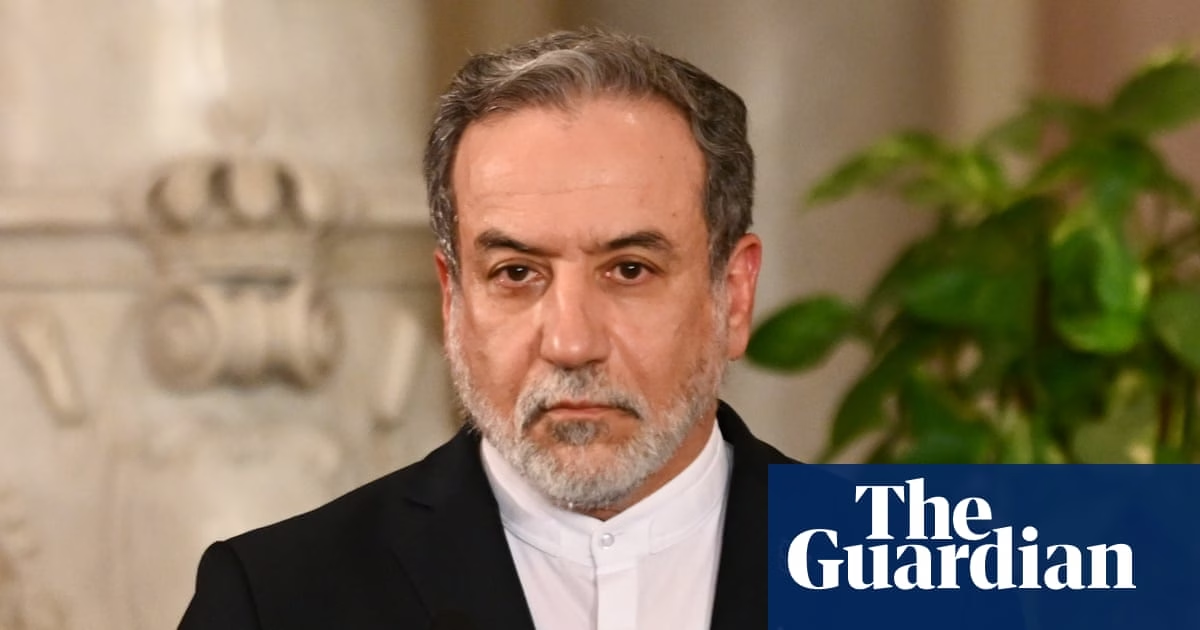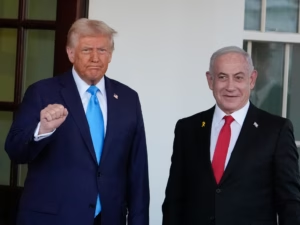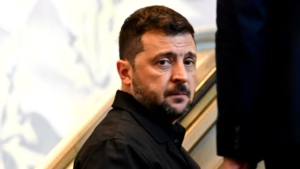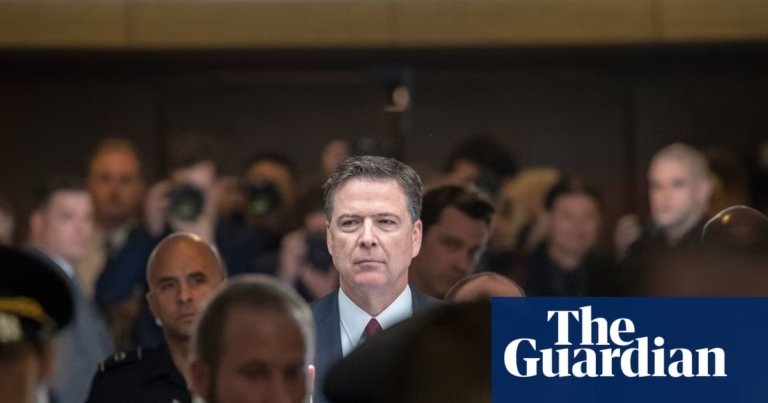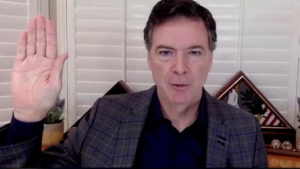On Friday, Russia is expected to make one last attempt to delay the reimplementation of significant United Nations sanctions against Iran at the Security Council. This effort, supported by Russia, aims to allow more time for diplomatic negotiations. However, European nations have declined Iran’s recent concessions to offer restricted access to UN weapon inspectors at its damaged nuclear sites, which has fueled uncertainty about the outcome. European diplomats predict that Russia will fail to secure the nine votes needed to postpone the sanctions, similar to a previous vote which only garnered four auras of support. The decision to reapply sanctions comes after the failure of recent UN talks in New York, where Europe was unwilling to accept Iran’s proposals. Iran’s foreign minister, Abbas Araghchi, attempted to negotiate access for UN weapon inspectors at only one of its affected nuclear sites, reducing the time frame for dealing with highly enriched uranium from 90 to 45 days, in exchange for a permanent elimination of the threat of reinstated UN sanctions. The reimposition of sanctions is anticipated to significantly damage Iran’s relationship with Western countries and may also have internal political consequences. European officials criticize Iran’s handling of the affair, accusing the country of underestimating the West’s resolve. There is also criticism aimed at the IAEA’s director, Rafael Grossi, who is accused of facilitating an agreement in Cairo that lacked substantial content, allowing Iran to delay meaningful discussions possibly due to his aspirations for the role of UN Secretary-General. The situation is becoming increasingly tense, with potential for Iran to accuse European countries of bowing to US pressure. Despite these tensions, some Western diplomats maintain that diplomacy with Iran can continue, though there is a concern that hardliners in Tehran might seek to end cooperation with the IAEA and consider leaving the Nuclear Non-Proliferation Treaty, which could potentially lead to an increased risk of Israeli military action.
Source: https://www.theguardian.com/world/2025/sep/26/iran-snapback-sanctions-un-security-council-vote-nuclear-programme
